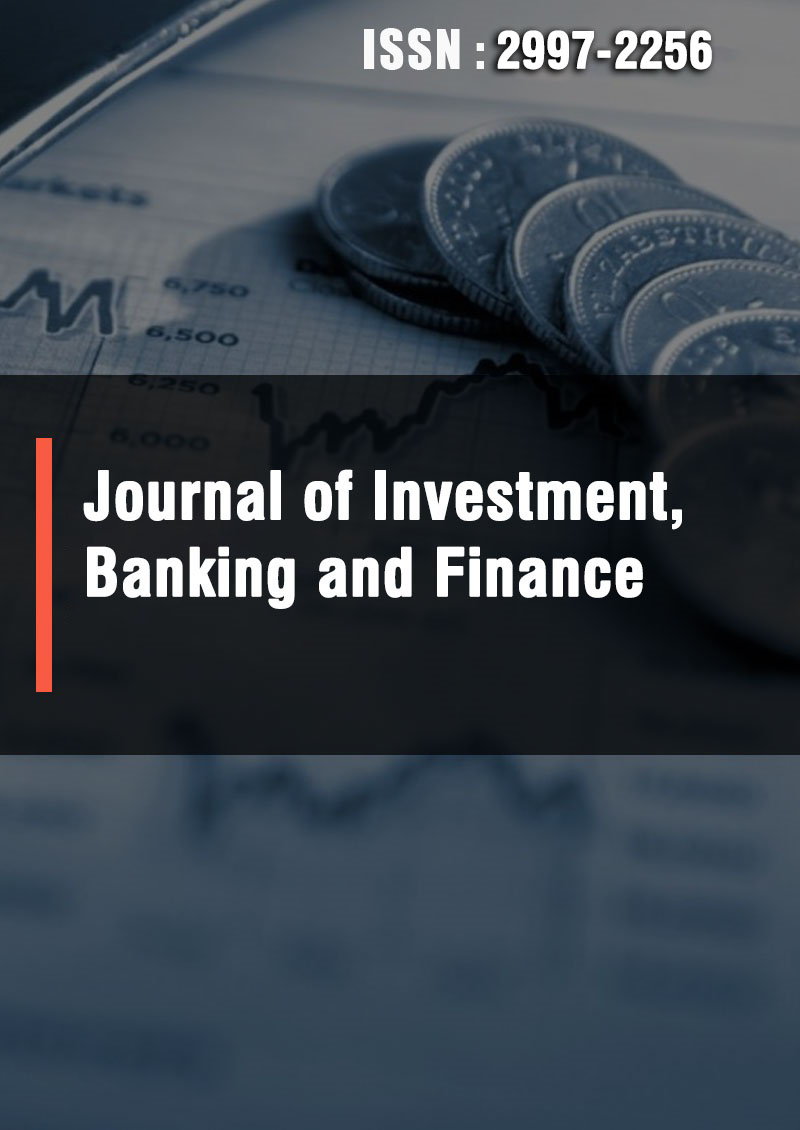Factors Affecting Mobile Money Usage in Ghana
Abstract
Charles Aaron Adams Ekuban* and Fye Sheikh Omar
This study delves into the factors that influence the utilization of mobile money services and their impact on human livelihoods in Ghana. The theoretical framework employed was the Technology Acceptance Model (TAM), and the data used were validated through factor and regression analyses. A structured questionnaire was used to collect data from 385 mobile money users in Ghana, selected through purposive and Simple Random sampling approaches from the central and western belts of the country. The study found that consumers' likelihood of using mobile money services was significantly influenced by their perceived usefulness (PU), ease of learning (PEOU), and ease of use (PEOU), with PUF having a less significant impact on usage. The study concluded that the usage of mobile money services was significantly affected by perceived usefulness (PU), ease of learning (PEOL), and ease of use (PEOU), but PEOU had a less significant effect on usage. The study also found that mobile money usage has greatly impacted human subsistence by promoting financial inclusion for the unbanked, increasing remittance flows, and providing access to other financial services.



